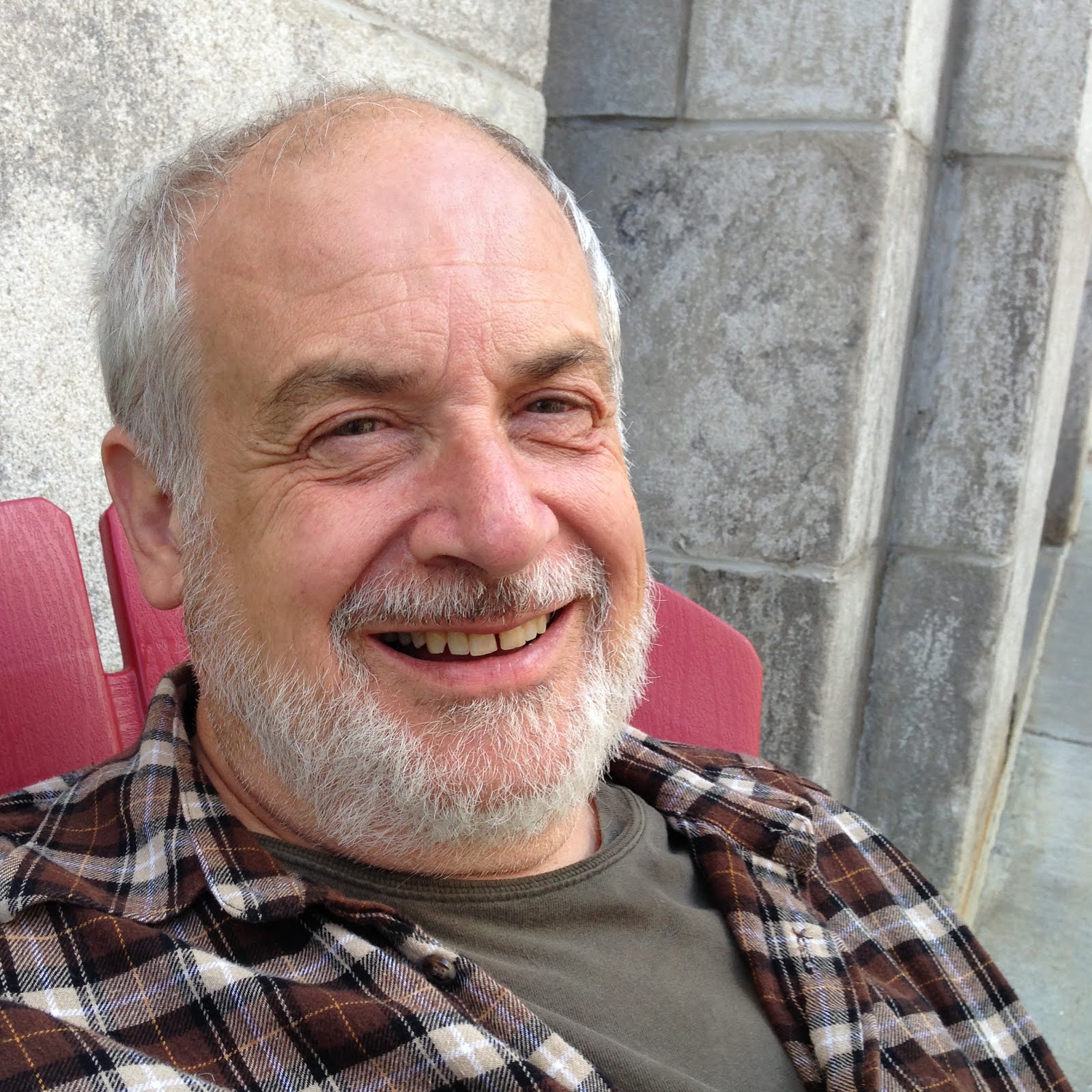Posted to Dot Earth:
===
I'm not an optimist. I do not predict a good outcome. Nor am I a pessimist. I do not predict a bad outcome. I think the whole question is wrong-headed in the extreme.
The whole point of calling our time the anthropocene is to emphasize that we control our destiny. Good, or bad? It's our decision and our responsibility.
I believe a tolerably good outcome is possible, if and only if we work together toward it. It's not a question of predicting. It's a question of deciding.
Though some losses are already behind us and many more are inevitable, there is still much we can celebrate and build upon. We must stop treating the natural world as something to exploit, and start realizing that it is our home. If we do that, we can thrive. The other choices look dire. Why not choose to do our best?
"Our greatest responsibility is to be good ancestors."
-Jonas Salk
Sunday, July 6, 2014
Wednesday, July 2, 2014
Climate Uncertainty and Climate Risk
Captured from Facebook (by me):
There is a great deal we do not know about climate. People use this to contest greenhouse gas emissions policy but that is wrong-headed.In real life, the more uncertainty one has about bad outcomes the more careful one is in taking risks.In the climate world, uncertainty is used to urge continued and increasing risk-taking. This is backwards!One thing we know for certain about changing the greenhouse gases in the atmosphere is that the climate cannot stay the same. That is very simple physical reasoning. Another is that the more we change the greenhouse gases the more it will change. And another is that we are already changing the greenhouse gases enough to matter.Beyond that, there are many bad things that are more or less likely to happen, but the idea that it will all come out fine forever as we keep increasing the risk-taking smacks of delusion.If scientists are overly encouraged by their institutions to get press coverage, there is a bias toward too much certainty and too much polarization. This may motivate people in the short run but only adds to dismissive skepticism in the long run.What we should say is that while we understand a great deal about the climate system, it is very complicated and it's impossible to predict its exact behavior from one decade to the next. However, we know that we are forcing it into unprecedented configurations, and the more we do so, the crazier the risks we are taking.
Subscribe to:
Posts (Atom)
